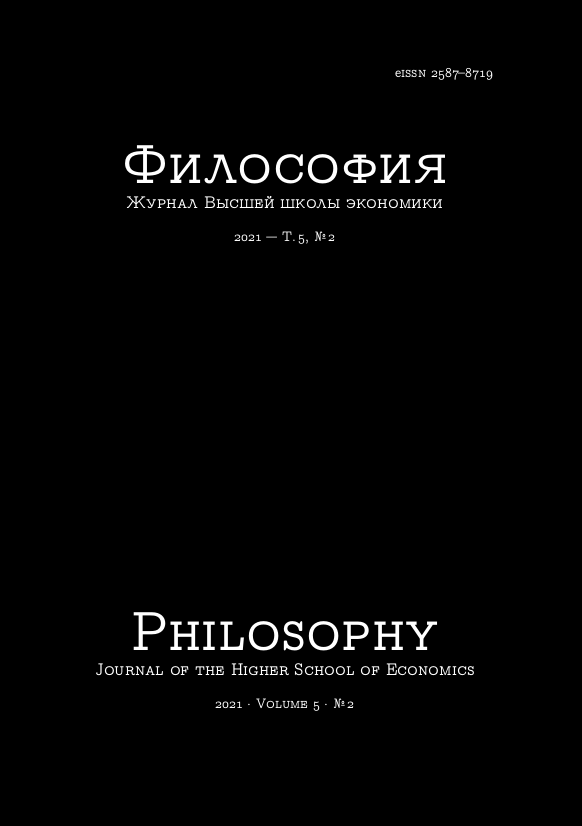The Foundations of N.K. Mikhailovsky's Theory
Formation of “Subjective Sociology”, Late 1860s – mid-1870s
Abstract
Nikolai Konstantinovich Mikhaylovsky (1842–1904) is one of the most well-known and influential Russian publicists of the last third of the 19th and the beginning of 20th century, ideologist of the Narodniki movement, the author of the conception known as “subjective sociology” and the editor of journal Russian wealth at the end of his life. Yet, while his role in the history of Russian social movement or literary-aesthetic views have been quite fully studied, his social theory has rarely become the object of the special analysis during the last century. On the one hand, it was shadowed by the theories which appeared earlier and had more influence even abroad (outside the Russian empire) as, for example, the ideas of Herzen, Bakunin, Chernyshevsky, Lavrov. On the other hand, Mikhaylovsky, who was severely criticized by Russian social democrats in 1894–1901, was perceived as a rather weak theorist. In this article, we demonstrate the essential differences between the early conceptual advances of Mikhaylovsky and P.L. Lavrov and assert that the conception of the former was influenced both by the rethinking of the Darwinism from a viewpoint of understanding of nature and by the conclusions for social theory. Unlike Lavrov, Mikhaylovsky, as well as Herzen, was an advocate of non-teleological understanding of progress and favored the interpretation of history as logical yet free from strict determinism. In conclusion, Mikhaylovsky’s opinion about the society, which was formed at the end of 1860s – first quarter of 1870s, appears as a quite consistent and elaborated system, an answer to the theoretical challenges. Firstly, on the part of the Darwinism and the attempt to apply it to the analysis of the society. Secondly, on the part of the organicism. Lastly, we give an interpretation to the decline of the public interest to the social theory of Mikhaylovsky at the end of the 19th – beginning of 20th century.
Downloads
Copyright (c) 2021 Philosophy. Journal of the Higher School of Economics

This work is licensed under a Creative Commons Attribution-NonCommercial 4.0 International License.






